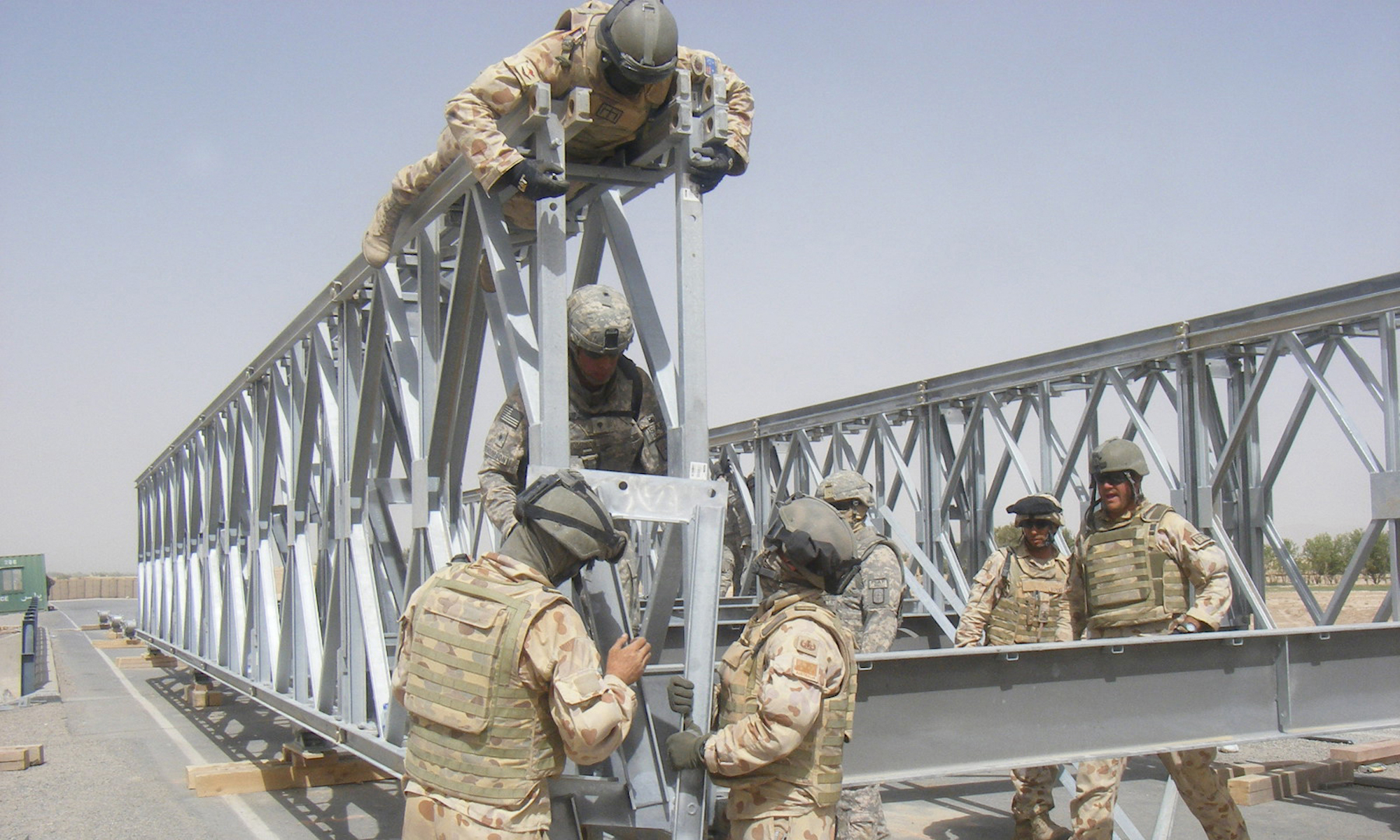This report provides an overview of the War-torn Societies Project (WSP). The WSP began in 1994 as an experimental project. It facilitates the active involvement of local, national and international actors in ongoing collective research and dialogue that allows societies emerging from conflict to better understand and respond to the challenges of social, economic and political reconstruction. Headquartered in Geneva and supported by almost thirty donor governments and aid agencies, WSP has been engaged in experimental field-based activities in Eritrea, Guatemala, Mozambique and Somalia over the past six years. WSP contributes to the recovery and strengthening of societies emerging from conflict by bringing together indigenous actors (including former adversaries and victims) to set priorities, build consensus and formulate responses, aided by participatory action-research, and with the help of regular consultation with external aid providers. WSP’s carefully defined methodology embodies principles of local capacity and responsibility; wide-ranging participation; better understanding of differing interests and objectives; proper use of relevant data and analysis in integrative decision-making; practical policy impact; and a catalytic rather than a dominating role by international actors. In mid-2000, the experimental pilot phase of the project evolved into the establishment of a successor body. Under the name ‘WSP International’, the project’s work will be further tested in new country projects with new variables in order to draw further lessons.

INSCT Postconflict Research Database
The Institute for National Security and Counterterrorism's Postconflict Research Database & Analysis Project stores cross-indexed bibliographic information on hundreds of journal articles, books, book chapters, and case reports that address the broad, interdisciplinary fields of postconflict reconstruction, stabilization, and peacebuilding.